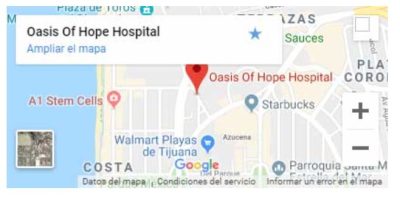 Fish oil is a unique and rich source of the long-chain omega-3 fatty acids EPA (eicosapentaenoic acid) and DHA (docosahexaenoic acid). A small structural difference distinguishes these from the omega-6 fatty acids found in plant-derived oils.
Fish oil is a unique and rich source of the long-chain omega-3 fatty acids EPA (eicosapentaenoic acid) and DHA (docosahexaenoic acid). A small structural difference distinguishes these from the omega-6 fatty acids found in plant-derived oils.
EPA and DHA can play a valuable treatment role. A number of studies show that a diet rich in fish oil tends to slow tumor growth. We can attribute at least part of this effect to a suppressive effect on angiogenesis -again, the process from which new vessels develop to enable tumor growth and spread. EPA decreases the expression of a key receptor in endothelial cells that makes them responsive to VEGF.
Cox-2, another key angiogenic factor, produces, in a endothelial cells, prostanoids required for vascular tube formation. A high intake of fish oil has potential to antagonize its role by decreasing this production and may blunt production of growth-promoting prostanoids in cancer cells.
Fish oil has the ability to fend off cachexia (severe muscle-mass loss that often complicates late-stage cancer). Though usually it entails a loss of appetite that can contribute to weight loss by decreasing caloric intake, the commonly seen life-threatening selective muscle loss reflects a specific inflammatory process in muscle fibers not seen in healthy dieters. EPA interferes with the related inflammatory mechanisms.




